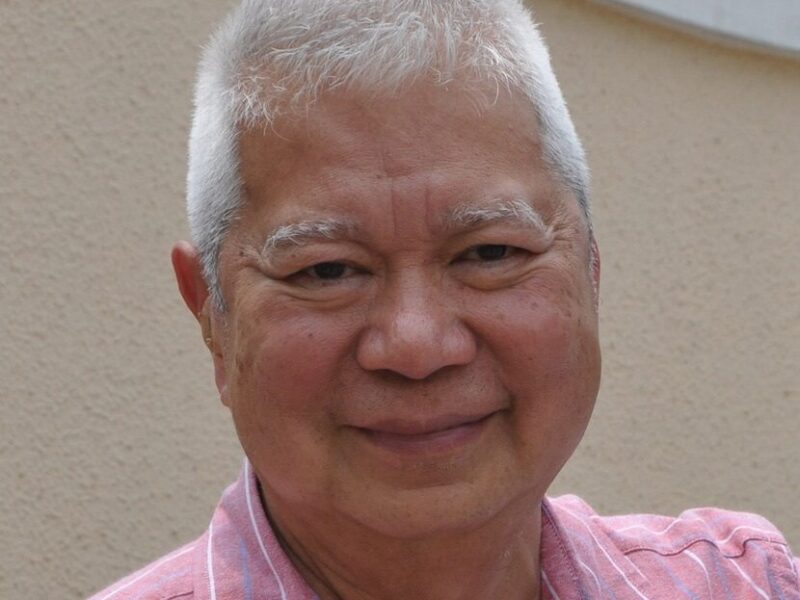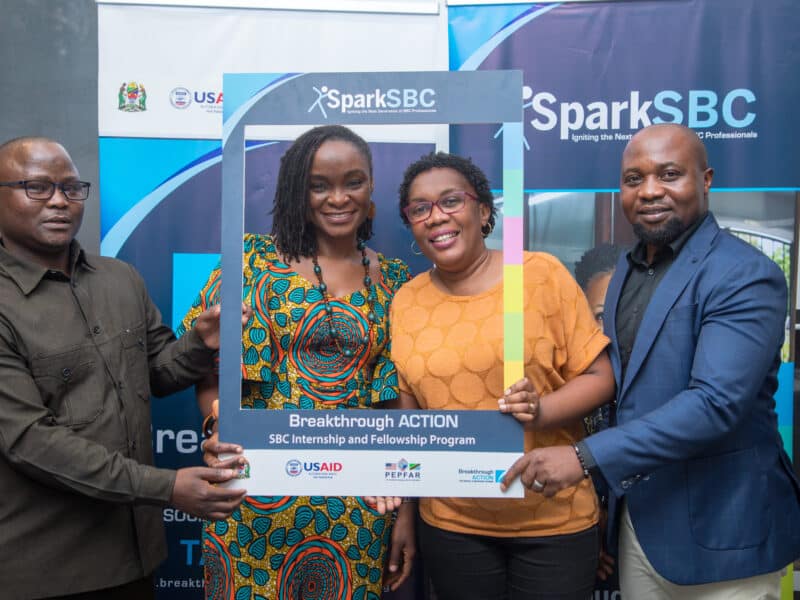Earlier this summer, Billie Puyat, a freelance consultant who recently completed a master’s program in public health in London, returned to her native Philippines in search of opportunities to use her new skills on health communication campaigns. However, she has found that because the field of health promotion is relatively young in the Philippines, learning from others with experience doing such campaigns has been a challenge.
That’s where the Leadership in Strategic Communication Workshop comes in. An annual three-week course organized by the Johns Hopkins Center for Communication Programs, the hands-on workshop is celebrating 30 years of honing participants’ communication skills in order to become stronger, more effective leaders in public health and development programs that create the kind of social and behavior change that saves lives. Benjamin Lozare designed the program in Baltimore and has led it from the beginning.
For Puyat, one of this year’s 28 participants from 18 countries, the course has served as a lesson in “how important a shared vision is, not just within the Ministry of Health, but with all the actors involved in health. It’s very valuable to know where you’re going.”
Since the course launched in the late 1980s, Lozare has encouraged participants to step outside of their comfort zones, believing that magic happens only once individuals are able to reflect on themselves as leaders. “We believe that listening is the most important communication skill and that to become a good leader and good communicator, it’s not a question of techniques,” Lozare says. “It’s a question of discovering who you are.”
Workshop participants don’t just learn about communication theory, design and measurement strategies. They use those ideas during the hands-on component of the course that has them creating strategic communication campaigns from scratch. Among the subjects the current group is working on are HIV services in Kenya, vasectomy promotion in Nigeria, intimate partner violence in Kenya, diarrhea prevention in Togo and dying with dignity in Maryland.
It’s this type of multidisciplinary approach that transforms participants and prepares them to return to their organizations and countries to lead change. To date, the workshop has trained more than 5,000 people from 100 countries around the world. Past participants have gone on to become country presidents, ministers of health, USAID mission directors, and other leaders in government, public health, global development, medicine and communication. This year’s workshop ran from July 8 to July 29.
And while the content of the course has adapted over time and with advancements in communication technologies, for many, the opportunity to exchange ideas with other communication professionals remains the highlight of the experience.
“We are not only here to learn, we are here to hear from other countries, what worked well, what didn’t work well,” says a repeat participant, Naomi Kaspar, of USAID Tanzania “I share my experience from Tanzania, someone else from Kenya, someone else from Uganda … and then we learn that we are brothers and we share the same challenges.”
By the end of the course, she says, “we’re going to be a family.”
The workshop always closes with participants presenting their health campaigns and receiving feedback from seasoned CCP staff and other workshop participants, representing many decades of communications experience from across the globe.
“We can’t affect the change we want to see in our communities from high ground,” Lozare says. “We have to attack the complexity of the problem from the bottom up.”





